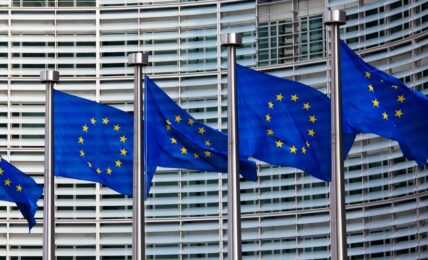Health technology company Philips announced today a new goal aimed at reducing the climate impact of its supply chain, aiming to have at least half of the company’s suppliers commit to science-based emissions reduction targets by 2025.
While many companies’ climate initiatives target emissions reductions resulting from their direct operations or energy sourcing (scope 1 and 2 emissions), areas of the value chain outside of companies’ direct control (scope 3), typically constitute the greatest source of emissions, and the hardest to address.
According to Philips, which achieved operational carbon neutrality last year, its new initiative to decarbonize its supply chain could have an impact seven times greater than CO2 reductions in its own operations.
Frans van Houten, CEO of Royal Philips, said:
“Over the last few years, we have made major progress in reducing our own greenhouse gas emissions. We have been carbon neutral in our operations since 2020 and source all of our electricity from renewable sources. We are now using what we have learned to further build out and scale that success with our partners in the supply chain, where the overall environmental impact can even be even greater.”
Philips stated that it will take an active role in supporting and incentivizing its suppliers in setting science-based targets, focusing on structural improvements at the companies to maximize the impact of CO2 reductions, and offering incentives including direct support for capability building as well as preferential payment terms to suppliers. The company will also actively explore the establishment of Virtual Power Purchase Agreements (VPPAs) with suppliers, in order to support the development of new renewable energy projects and provide cleaner sources of energy.
Van Houten added:
“We encourage as many companies, customers and supply chain partners as possible to commit to climate actions and science-based targets, deliver on those actions, and provide proof of progress and delivery through continuous, transparent and in-depth reporting.”
The post Philips Turns to Supply Chain for Climate Action, Wants Suppliers to Set Science-Based Emissions Targets appeared first on ESG Today.


